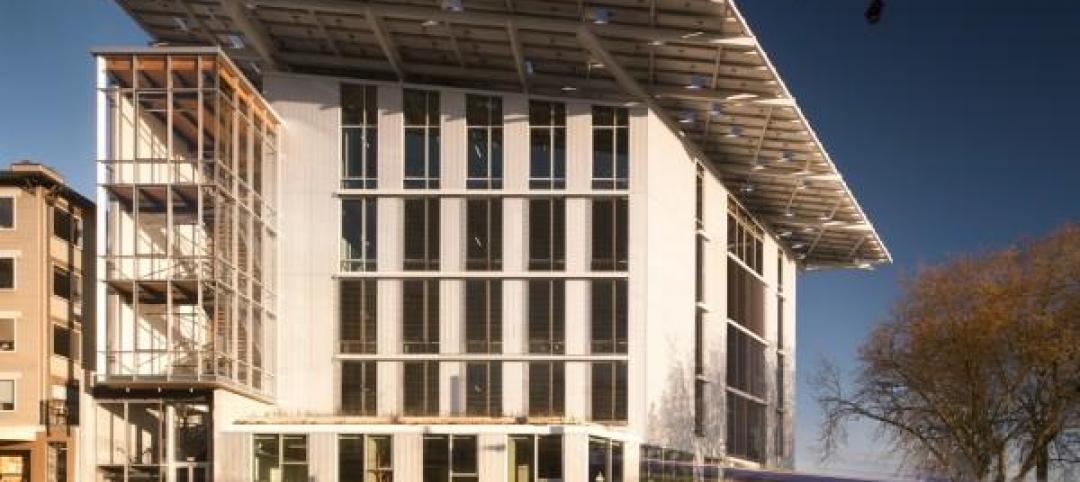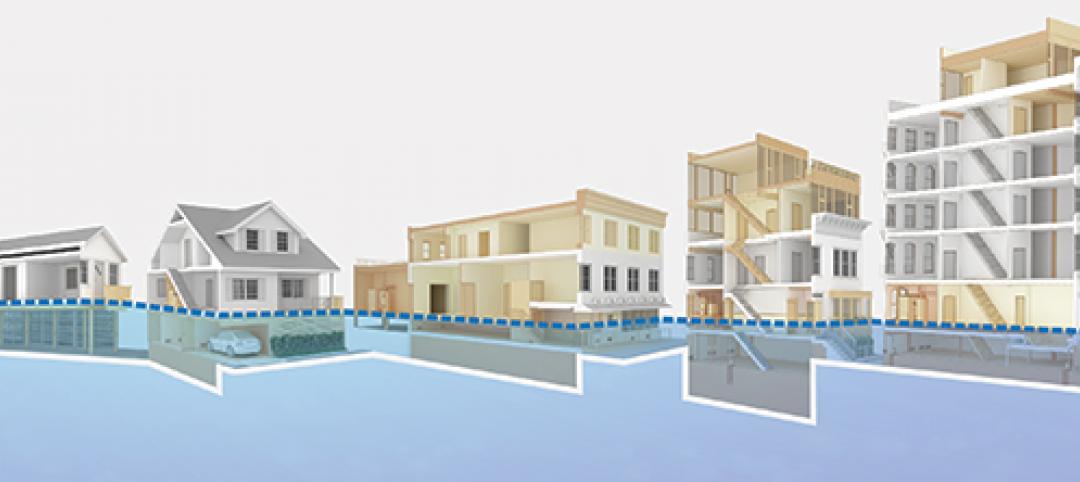Changes affecting how construction projects in New York City are permitted will have significant impacts for contractors.
On Dec. 11, the definition of a major building in the city’s code will change from 10 stories to seven, or 75 feet. The change will affect thousands more projects.
It will require a site safety coordinator and an approved site safety plan for any major new build, full demolition, or interior demolition with mechanical equipment that is seven stories or higher. Contractors working on these major projects should hire professionals to assist them with navigating through the entire application, permit, certificate of occupancy, approval, and sign-off processes, advises a former New York Department of Buildings assistant commissioner. Contractors who have previously built only low-rise buildings should also hire a safety consultant to provide full-time safety professionals and obtain approvals for site safety plans and tenant protection plans, he says.
The code change includes a provision for construction superintendents to only be designated on three permits at one time. In January 2026, this number will be reduced to one permit. As a result, contractors should send their staff to obtain superintendent licenses and Supervisory SST training cards.
Related Stories
| Oct 24, 2014
Solar panels could be required on most new construction in San Francisco
A San Francisco city councilor will propose a new regulation that could soon mandate solar panels on most new construction in the city and on many existing apartment buildings.
| Oct 24, 2014
International WELL Building Institute launches green building standard
The International WELL Building Institute has launched the WELL Building Standard Version 1.0, which focuses on enhancing people’s health and well-being through the built environment.
| Oct 24, 2014
Seattle's Bullitt Center influencing codes and public policy on sustainability
The Bullitt Center in Seattle, which some say is the world's most efficient office building is not only influencing how other structures are built, it is contributing to revisions of codes and public policy.
| Oct 16, 2014
U.S. military concerned about climate change putting bases at risk from floods
Among the challenges the armed forces may face is rising sea levels that could put Navy docks and other installations under water in places like Norfolk, Va., Honolulu, and other coastal locations.
| Oct 16, 2014
Fannie Mae releases white paper on energy performance of multifamily buildings
The least energy efficient multifamily property may be spending $165,000 more in annual energy costs than a similar property operating the most efficiently, according to a new white paper released by Fannie Mae.
| Oct 16, 2014
Energy Department sets green building standards for federal agencies
LEED Silver may be used, and in some instances, the Green Globes program may be substituted, according to a new regulation by the U.S. Department of Energy.
| Oct 16, 2014
New York City’s climate plan includes tripling of solar energy
New York City’s plan to cut greenhouse gas emissions by 80% by 2050 includes tripling the amount of solar power generated from city-owned buildings.
| Oct 15, 2014
Drones may soon assist code inspectors for construction in the UAE
The United Arab Emirates’ Ministry of Labour announced that they will start using drones to help inspectors record when construction sites are breaking laws.
| Oct 9, 2014
California authorizes increased use of design-build on state projects
Under the updated law, the Department of General Services and the Department of Corrections and Rehabilitation may use design-build on projects in excess of $1 million.
| Oct 9, 2014
New York City releases guide for retrofitting buildings against floods
Part of the city’s response to widespread flooding as a result of Hurricane Sandy, the manual offers retrofitting strategies that will enable property owners to reduce the risk of damage and disruption from coastal flooding.













